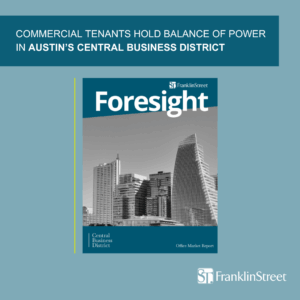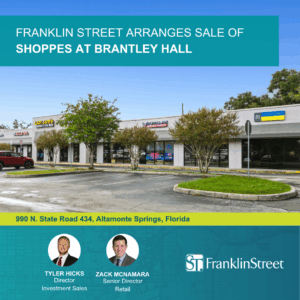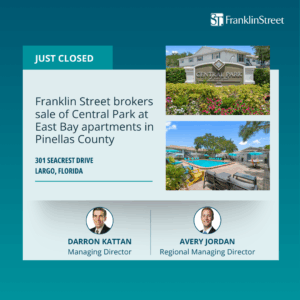After years of landlords struggling to backfill larger anchor spaces, absorption of big-box spaces has started to tick up in metro Atlanta, dropping 15.2 percent since 2010, according to CoStar. Spaces and centers that sat empty for as long as three to five years are finally being leased by new tenants who are entering the market or by existing tenants who are looking to expand their footprints in metro Atlanta.
Retailers are attracted to these big-box opportunities because of lower rental rates in densely populated areas with solid demographics. Additionally, since the land has already been zoned for retail use, it’s relatively easy for retailers to retrofit existing boxes and open stores quickly as all entitlements are usually in place. If retailers can be flexible with their prototypes, they can even streamline new store openings without front-end entitlement issues.
Other retailers, like Walmart Neighborhood Market, typically have to raze a good portion of an existing center to accommodate their box prototype of choice. Depending on the retailer, roughly 65 percent of the time they will utilize the existing box and 35 percent they will demolish the building to secure their desired layout.
National retailers like Ollie’s Bargain Basement, Goodwill and Sprouts Farmers Market are part of the 65 percent who utilize existing box space designs to rapidly expand and snatch up vacant big-box spaces in Atlanta for new locations. Just recently, Ollie’s Bargain Basement opened three new stores in existing big-box spaces between 25,000 and 35,000 sq. ft. in Duluth, Stockbridge and Newnan, Georgia. Centers that have traded hands recently have a lower basis, which allows the new owner or developer to sign leases at lower rents.
In another sign of the changing big-box landscape, Delhaize/Food Lion has either subleased their closed stores or has sold off owned real estate in their portfolio throughout the Southeast. Recently, they sold the Shops at Bells Ferry in metro Atlanta to a local private investor. The vacant 48,728-sq.-ft. center included a 34,328-sq.-ft. former Food Lion anchor space. Once the property was sold, it was subdivided, and Goodwill purchased the anchor space and parking lot. Goodwill anticipates opening by the end of August.
In Gainesville, Georgia, Lanier Commons, a Good Lion-anchored center similar to Bells Ferry, recently sold to a regional developer who terminated Food Lion’s lease early. The developer plans to raze two-thirds of the center to develop a Walmart Neighborhood Market.
Non-traditional tenants like entertainment facilities are looking for big-box space as well. Stars & Strikes Entertainment Centers, Monkey Joes and movie/dinner concepts are a few of the tenants who have absorbed big-box vacancies.
This trend of second-generation big-box absorption will continue to reduce the supply of large excess space in the metro Atlanta area. This will hopefully increase the need for new ground-up development going forward.
With more than 23 years of commercial real estate expertise throughout the U.S., John Tennant, Senior Director of Franklin Street Real Estate Services, specializes in the sale of single-tenant and retail properties, helping clients achieve maximum value on the sale of their assets. Download PDF



